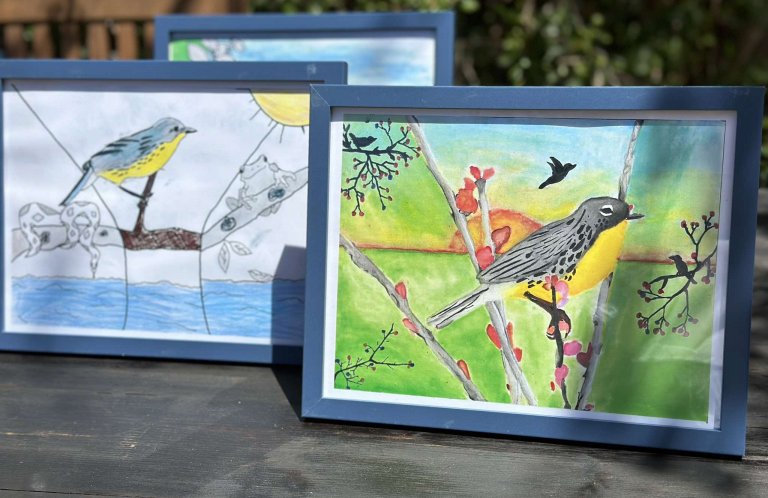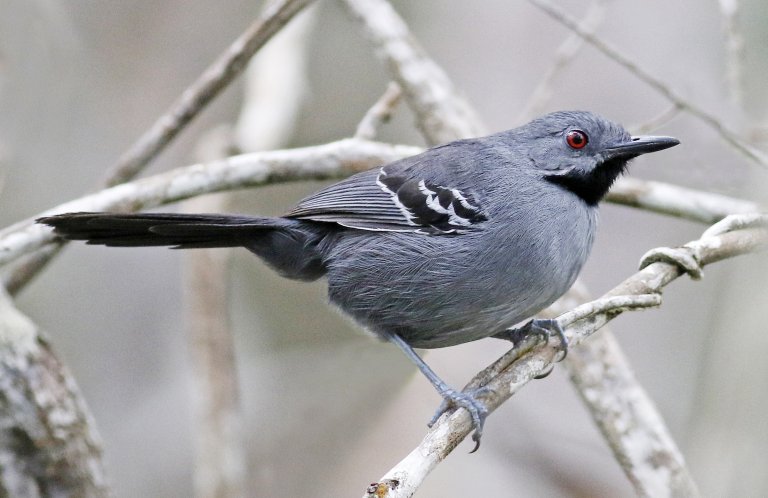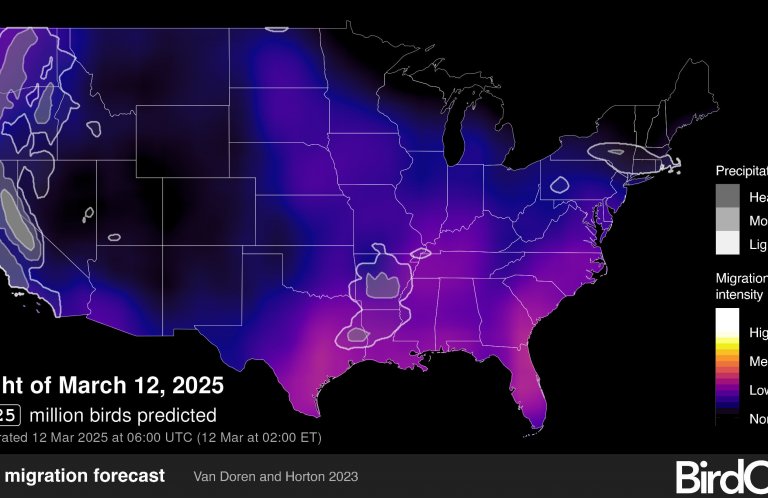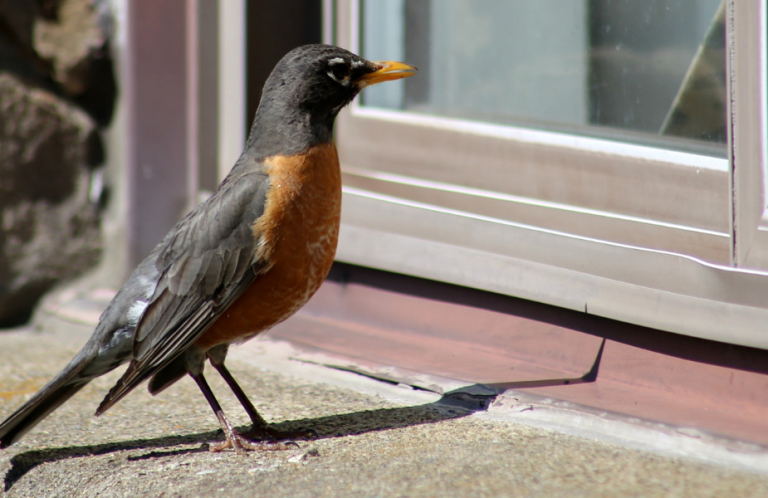To Prevent Another Pandemic, It's Time to End the Global Wild Bird Trade
The tragic emergence of the COVID-19 global pandemic has once again exposed the nexus between human health and wildlife conservation issues. Wild bird markets where birds, other wildlife, and domesticated animals are often confined in crowded, unsanitary conditions are potential breeding grounds for novel viral and other disease pathogens. The vast trade in wild birds also threatens many species around the world.
Despite attempts at regulation, this trade still results in the trapping of millions of birds for food, pets, and other human uses each year. Asia's wild bird markets in particular are helping to drive an overwhelming loss of birds from the region's forests, but this is a global problem with significant trade in Africa and the Americas that also impacts bird populations. This trade should be stopped now for the good of wild birds, other wildlife, and human health.
While the trade in wild animals is a global phenomenon, the massive scale of the trade in wild birds across Asia is hard to fathom. Millions of birds from hundreds of species are sold in markets there every year — displayed for sale in tiny crowded cages often close to other wild animals such as monkeys, bats, wild cats, and domesticated animals such as chickens. One study found that 19,000 birds from more than 200 species were traded over a period of just three days in the main bird markets in Jakarta, Indonesia.
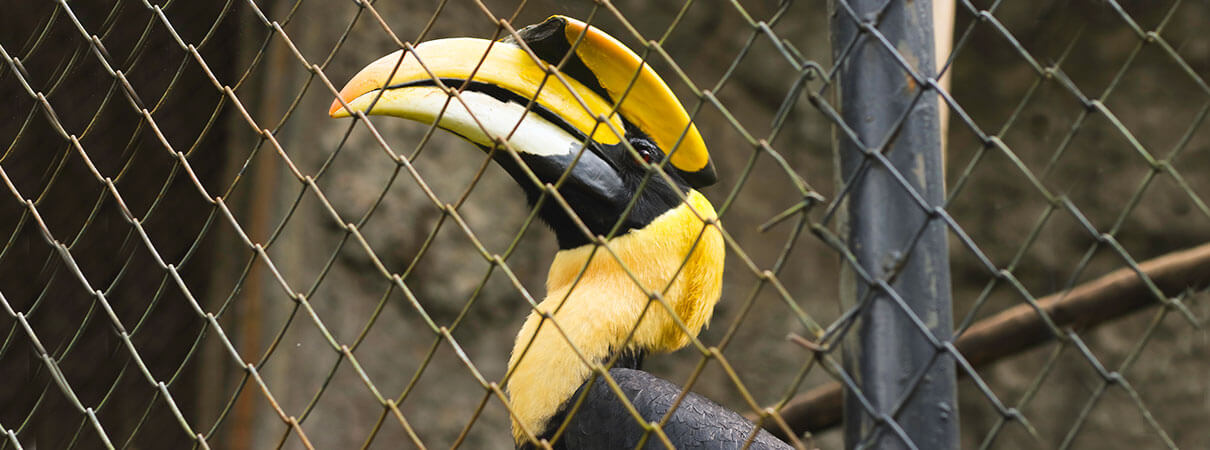
Great Hornbill. Photo by Rueankam Jompijit/Shutterstock
The demand for pet songbirds in Asia has led to a vacuum effect in which wild birds are being “sucked out” of forests by bird trappers in unimaginable numbers — pushing many populations and indeed some full species such as the Black-winged Myna, Javan Hawk-eagle, and Straw-headed Bulbul toward extinction. The Helmeted Hornbill has also been decimated by trade in its casque (the large decorated parts of the bird's upper mandible). These are carved like elephant ivory into complex designs for sale to wealthy collectors.
West Africa has a similar but less extensive internal trade in vulture parts for misguided medicinal use, and African and South American birds are also sold widely in Asia.
Watching the humanitarian crisis from the spread of COVID-19, it is clear that these unsanitary bird markets could harbor more disease time bombs waiting to detonate (to be clear, wild birds do not represent a disease threat to people under normal circumstances).
The new coronavirus pandemic — following on from SARS, MERS, and non-coronaviruses such as Ebola, monkey pox, and Zika, among many others (all diseases that made the transition from animals to people) — surely indicates that it is time to close the primary origin of these diseases, the global trade in wildlife, including exotic bird markets flourishing in Asia and elsewhere. The human cost of only one disease outbreak is just too great, as evidenced by the currently unfolding global shutdown.
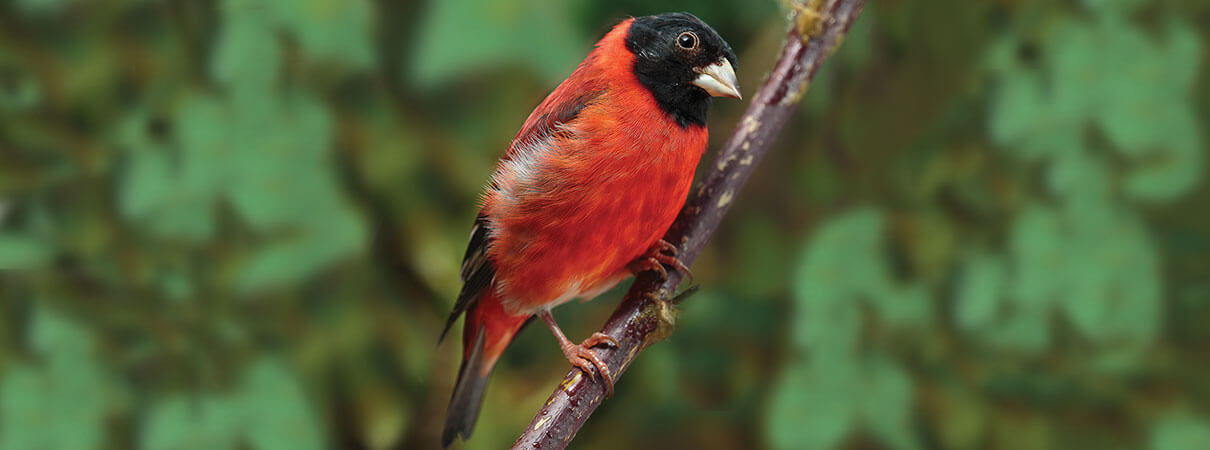
Red Siskin. Photo by Gerhard Hoffman/Alamy Stock Photo
The trade in wild-caught birds ought to be halted regardless of the potential for disease transmission to people, and it is not confined to Asia. Birds such as Painted Buntings are trapped to meet demand for pet birds in Cuba and Mexico, and wild birds are also popular in trade throughout South America. Beyond the widespread trapping of stunningly beautiful parrots and toucans, songbirds such as the Ultramarine Grosbeak are also often displayed in cages — including at roadside service stations to entertain gas-pumping customers with their songs. Red Siskins from northern South America have also been pushed to the brink of extinction for the bird trade since they can crossbreed with canaries to produce rare orange varieties.
Halting this global bird trade is the right thing to do for birds and other wildlife. The United States (in 1992) and Europe (in 2007) have already halted the large-scale import of wild birds from the tropics. In Europe's case, this was primarily for human health reasons — the British government did an abrupt U-turn to support the move after a quarantined parrot in the United Kingdom died from H5N1, a flu strain that had previously killed dozens of people in Asia. China has placed temporary bans on certain wildlife trade in the past, and has done so again in a limited manner in response to COVID-19, but bans enacted after SARS in 2003 were later abandoned.
This time it needs to be different and not restricted solely to China or to certain wildlife species. While these problems have been especially acute in Asia thus far, this trade is worldwide in nature and should be addressed at a global scale.
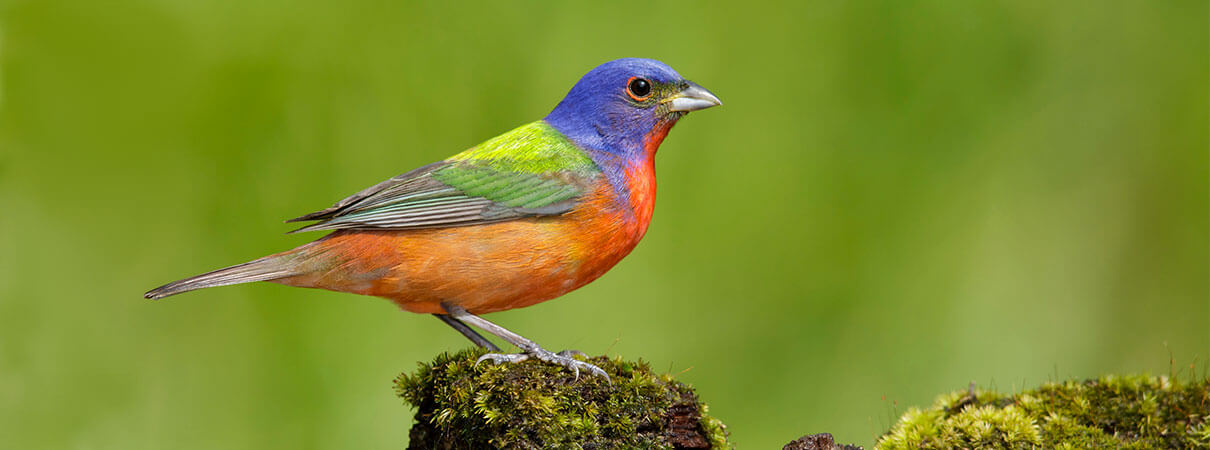
Painted Bunting. Photo by USA Agami Photo Agency/Shutterstock
The trade in wild birds is not sustainable in its current form. To feed it, many birds will vanish, never to be replaced — and it clearly has the potential to endanger thousands or millions of people if another novel pathogen emerges from just from one of these markets that are potential “petri dishes” of new diseases.
We must now take steps to halt this trade to allow wild birds to recover from what has been decades of unsustainable trapping throughout the world's tropics — and to safeguard people from what is a predictable potential source of future viral pandemics.
The U.S. government should eliminate all loopholes in our own wildlife trade laws and encourage other countries to also abandon the trade. Action by the Department of State and the U.S. Trade and Development Agency to request that our global trading partners close large-scale bird markets, police illegal trapping, and develop economic alternatives would demonstrate real progress toward getting this issue resolved, making both birds and people around the world safer in the process.
ABC will be working with Global Wildlife Conservation and other partners to advance this issue.
 | Michael J. Parr is President of American Bird Conservancy. |
 | Wes Sechrest, Ph.D., is Chief Scientist and CEO of Global Wildlife Conservation |





































